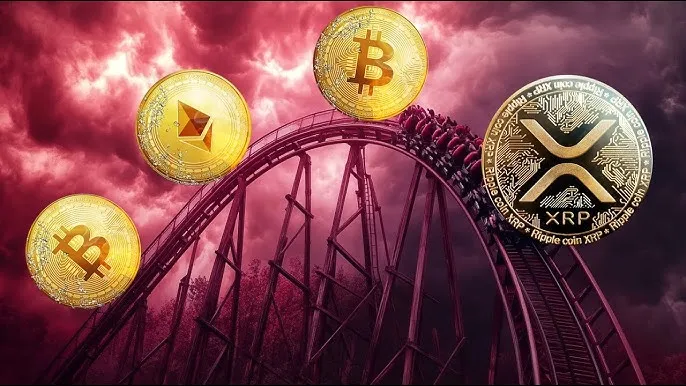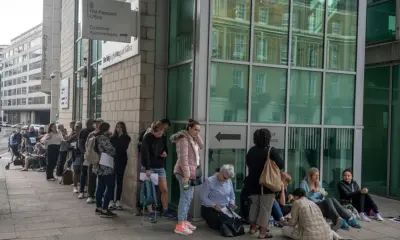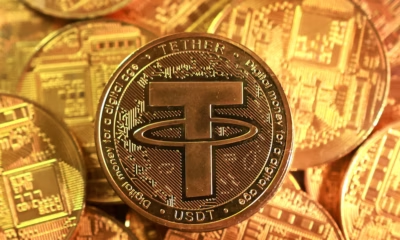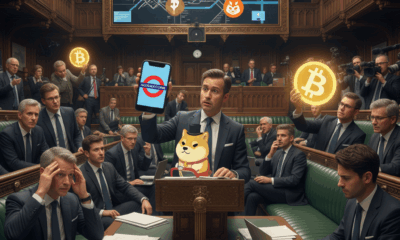Business
Parliament Debates Whether Tube Rides Should Be Paid in Meme Tokens

London, UK . Westminster descended into surreal financial theatre yesterday as MPs debated whether London Underground fares should be denominated not in pounds, but in meme tokens such as Dogecoin, Shiba Inu, and the recently trending “PepeCoin.”
From Oyster to On-Chain
The proposal, introduced during a transport committee session, suggested replacing the Oyster card with a digital wallet that accepts meme-based cryptocurrencies. Supporters argued the move could modernize the Tube, attract tourism, and “finally make rush-hour delays worth the wait if you’re earning passive yield while stuck at Bank station.”
One MP championing the motion declared, “The future of transport isn’t in paper tickets. It’s in memes. A single Dogecoin per ride would be more stable than TfL’s current timetable.”
A Divided House
Critics pounced on the idea as absurd, claiming it would turn the Tube into “the world’s largest crypto casino.” The shadow transport secretary warned that Londoners could face fare spikes during meme-fueled rallies. “Do we really want a scenario where commuting costs double because Elon Musk tweets about his dog again?” she asked.
Transport for London (TfL) issued a cautious statement, noting that while contactless crypto payments are technologically feasible, “installing Dogecoin validators at every gate may exceed the current maintenance budget.”
Commuters React Online
Londoners, never shy about ridiculing policy, flooded social media with mixed reactions. Memes of Boris Johnson holding a Shiba Inu in front of a Tube map trended under #TubeCoin. Others mocked the practicality: “If my transaction gets stuck in the mempool, does that mean I miss my train?”
A group of students even launched a Change.org petition demanding free rides during bear markets.
Global Context
The debate comes as cities worldwide experiment with digital fare systems. New York recently trialed paying for Metro rides with Bitcoin Lightning wallets, while Tokyo tested stablecoin commuter passes. London’s flirtation with meme tokens, however, marks the first time a G7 nation has seriously considered pricing public transport in assets born from internet jokes.
Crypto analysts were divided. Some praised the creativity, while others warned that introducing volatile tokens into essential services could backfire. “Imagine fare revenue collapsing because Dogecoin lost 20 percent overnight,” said one Canary Wharf economist.
A Satirical But Serious Undertone
Behind the humor, the discussion highlighted a deeper question: how far should governments go in embracing crypto culture? While meme tokens are often dismissed as jokes, they command billions in market cap and a cult following that rivals traditional brands.
An LSE researcher explained, “Meme coins aren’t just currencies, they’re communities. Embedding them into everyday systems like public transport would blur the line between governance and internet culture.”
What’s Next
For now, no official vote has been scheduled, though insiders suggest the idea could resurface as part of broader digital payments reforms. TfL, already grappling with budget shortfalls, may be tempted by any system that attracts new riders — even if it means fares fluctuate with internet memes.
As one viral tweet put it: “Delays are minor, this train is being priced in Doge. Please stand clear of the memecoin volatility.”
Until Parliament reaches a decision, Londoners can rest assured that for the time being, their Tube rides remain firmly priced in pounds — though perhaps not for long, if the memes have their way.






















